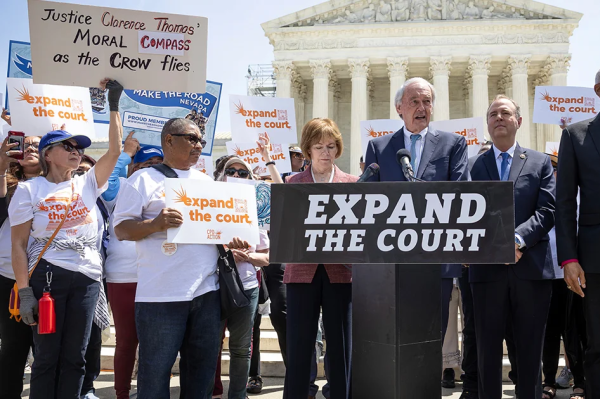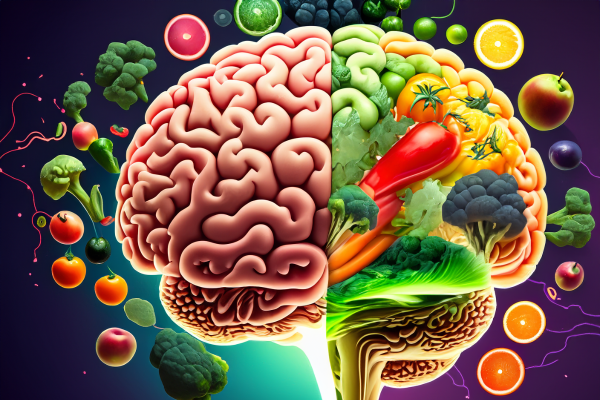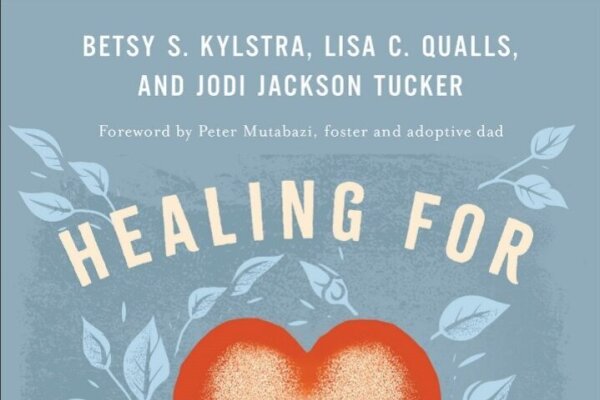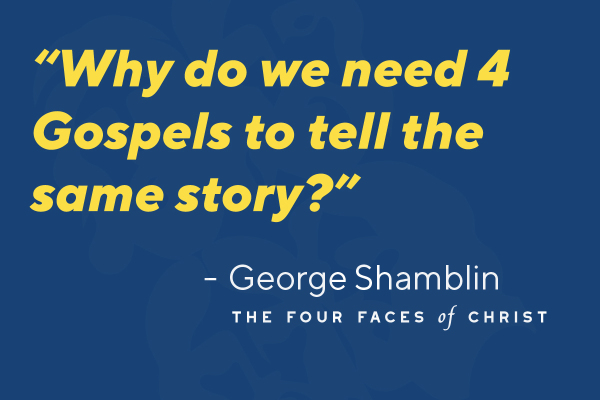Finding Hope for Our Broken World

As we enter this season of Christmas, I believe we can all agree there is a great need for hope. Family and social gatherings, memories of loved ones who have passed away and pressures of the holidays bring up a myriad of mixed emotions at a time that should be filled with joy and happiness.
CP Reporter Michael Gryboski recently wrote that a “majority of millennial-aged Americans report being anxious, depressed or fearful as they struggle to develop lasting relationships.” He goes on to say that evangelical pollster “(George) Barna’s CRC has conducted extensive research on the millennial generation. In addition to mental health and relationship issues, the center’s data have shown sharp declines in millennial religious affiliation compared to older generations.”
So where can we find real hope for our broken world?
A number of years ago I heard a prominent lecturer and author, Ron Carlson, speak on the value of human life. He spoke of visiting the Cambodian border back in the 1970s when more than 300,000 refugees were looking for a place to settle. They had escaped the Cambodian massacre but had nowhere to go.
Carlson was stunned that all these Buddhist refugees were coming from Cambodia and Laos, yet there were no Buddhists lending a hand or taking care of them. Nor were there any Hindus or Muslims. The only people taking care of all these refugees were Christians from Christian mission and relief organizations.
Carlson approached a man who had lived in this area for twenty years and asked him,
“Why, in a Buddhist country, with Buddhist refugees, are there no Buddhists here caring for their brothers?”
The reason he received:
“Ron, have you ever seen what Buddhism does to a nation or a people? Buddha taught that each man is an island unto himself. Buddha said, ‘If someone is suffering, that is his karma.’ You are not to interfere with another person’s karma because he is purging himself through suffering and reincarnation! Buddha said, ‘You are to be an island unto yourself.’”
This leader of the relief effort continued,
“Ron, the only people that have a reason to be here today taking care of these 300,000 refugees are Christians. It is only in Christianity that people have a basis for human value; that people are important enough to educate and care for.”
The Christian view of life is that people are of such great value because they are created in the image of God.
In his well-documented book How Christianity Changed the World, Alvin Schmidt shows how the moral, biblical worldview of Christianity has had such a powerful and positive influence on the world. Through the historical record, he demonstrates the following:
- The idea of human rights came straight from the Bible, as God places a high view of human life and its sanctity.
- Christianity greatly elevated and exalted the value of women. Christ raised the dignity, freedom, and the rights of women to a level previously unknown in all other cultures in history.
- Where did the idea of philanthropy come from? American historian and educator of European history Carlton Hayes said, “From the wellsprings of Christian compassion our Western civilization has drawn its inspiration and its sense of duty for feeding the hungry, giving drink to the thirsty, looking after the homeless, clothing the naked, tending the sick, and visiting the prisoner.”
- Biblical teaching was behind establishing hospitals, creating mental institutions, professionalizing medical nursing, and founding The Red Cross.
- Slavery was accepted by virtually every culture in history, as far back as anyone can remember.
It never occurred to anyone that it is wrong. But the abolition of slavery and the rejection of racial segregation go back to the earliest teachings of Christianity. The great historian Will Durant made it clear that Christianity was not a segregated religion.
“It offered itself without restriction to all individuals, classes, and nations; it was not limited to one people . . .”
Matthew Parris is a well-known South African-British journalist and broadcaster who served a number of years in the British Parliament. Parris spent his childhood in the African country of Malawi and, forty-five years after leaving, returned to help rural African communities install water pumps, giving them access to clean water.
Parris was an atheist. His visit renewed his faith in the development of charities. However, it caused a crisis of faith for him as an atheist. He was shocked at the enormous contribution to the good of Africa as a result of Christian evangelism. It was not at all compatible with his atheistic worldview, and he finally had to admit how transformative Christianity was in his native country. It was unlike any other form of aid or charity being carried out in all of Africa.
Parris acknowledges that this was not in harmony with his atheistic beliefs. It did not fit his ideological beliefs nor his atheistic worldview. It proved to be embarrassing to his belief that God does not exist.
As author Paul Chamberlain described it, Parris found the evangelism of Christians to be distinctly different from the work of secular non-governmental organizations and government endeavors. As good as the work done by these secular organizations is, he declares, it will never be sufficient, nor will education and training. The difference Christianity offers, he says, is a change of people’s hearts.
“It brings a spiritual transformation. The rebirth is real. The change is good.” This is what is so unique about Christianity. It is not a religion where you attempt to
follow laws and regulations. Christ seeks to work in our hearts and to empower us. Christianity is about the life of God working in the hearts and souls of men and women.
“Moreover, I will give you a new heart and put a new spirit within you, and I will remove the heart of stone from your flesh and will give you a heart of flesh.” - Ezekiel 36:26-27
May we not forget that God sent His Son into the world, to rescue us from the domain of darkness and from the wrath to come.
This is truly “Good News.” And this is why the apostle Paul said, “Thanks be to God for His indescribable gift.” - 1 Corinth 9:15
To learn more about the evidence for God that exists, I invite you to read my book Reflections on the Existence of God. The book lays out, in short essays, much of the evidence for the existence of God that is available. We should seek to take the evidence offered and use it to make reasonable conclusions. What you will find is, as the evidence accumulates, it enables us to come to confident conclusions about God. Who He is. And, that He truly is.
Get your copy today on Amazon or at reflectionsontheexistenceofgod.com. Preview Chapter 1 for free here!
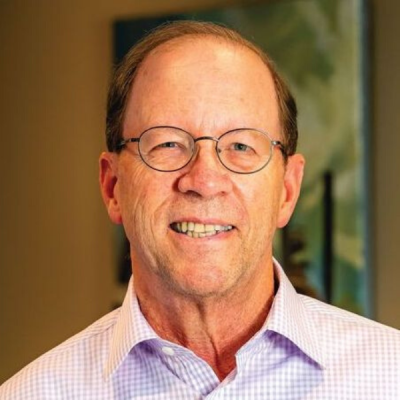
Richard E. Simmons III is a Christian author, speaker, and the Executive Director of The Center for Executive Leadership, a non-profit, faith-based ministry in Birmingham, Alabama. His best-selling titles include The True Measure of a Man, The Power of a Humble Life, Wisdom: Life's Great Treasure, and his newest book, Reflections on the Existence of God. Follow Richard on Facebook, Instagram, and LinkedIn @thecenterbham. Tune in to Richard's Reliable Truth Podcast on your favorite podcast app.


